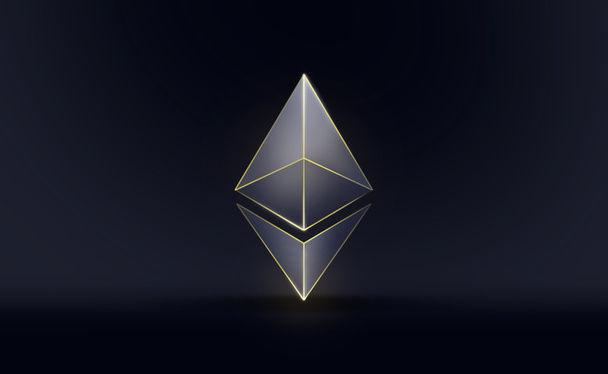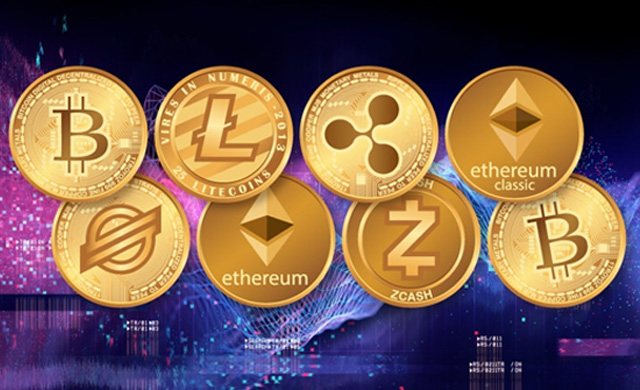Token Terminal’s recent analysis suggests that BlackRock, the world’s largest asset manager, is poised to enter the Ethereum layer-2 landscape. A move mirroring Coinbase’s Base, this strategic decision could fundamentally reshape the institutional adoption of blockchain technology.

A BlackRock-backed L2 would offer several compelling advantages. First, it would provide a high-speed, low-cost settlement platform for institutional counterparties. Second, it would grant direct access to Ethereum’s vast liquidity pool, estimated at over $300 billion in Ether and billions more in stablecoins and other assets. Third, the proven security and programmability of smart contract systems, now capable of securing hundreds of billions of dollars, would offer a significant advantage over traditional electronic trading networks.
While state roots on an L2 are anchored to the mainnet for verifiability, the flexibility of the layer-2 architecture allows for potential rollbacks in certain scenarios. This could provide a degree of risk mitigation compared to fully immutable systems.
Given BlackRock’s strategic positioning and the growing institutional interest in blockchain, it’s reasonable to speculate that such an L2 could be launched as early as 2025. This move would not only solidify BlackRock’s position in the digital asset space but also accelerate the mainstream adoption of Ethereum and blockchain technology as a whole.

BlackRock’s Ethereum L2 Ambitions: A Game-Changer for Institutional Finance
In a strategic move that could redefine the institutional landscape of blockchain, BlackRock, the global financial behemoth, is reportedly eyeing an Ethereum layer-2 solution. Mirroring Coinbase’s Base, this foray into the decentralized world could significantly accelerate the adoption of blockchain technology among traditional financial institutions.
A BlackRock-backed L2 would offer key benefits, including a high-throughput, low-cost settlement platform for institutional investors, direct access to Ethereum’s liquidity, and the security of smart contracts, outperforming legacy financial systems. The L2’s flexibility could allow for rollbacks in case of errors, mitigating risks compared to fully immutable systems. Given BlackRock’s influence and growing institutional interest in blockchain, such an L2 could emerge soon, boosting both BlackRock’s position and Ethereum’s mainstream adoption.
Learn from market wizards: Books to take your trading to the next level














